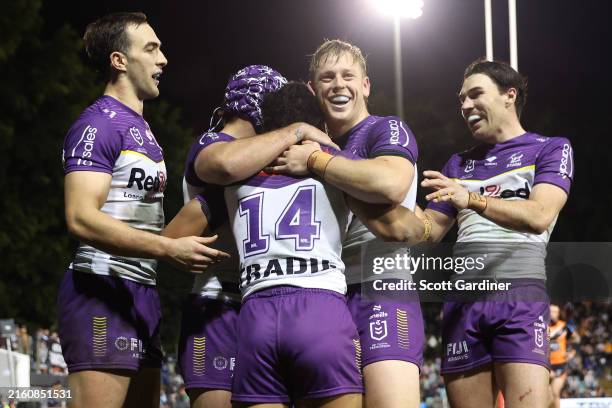Super League has announced that it will introduce golden-point extra time to regular-season matches in the 2019 season.
In the regular season games with scores level after 80 minutes, will be followed by two five-minute periods of golden-point extra time.
A statement released on behalf of all twelve Super League clubs confirmed the rule change is among a series of “exciting innovations” for next year.
Reports also suggest that other proposed changes include: a reduction in the number of interchanges allowed per team from 10 to 8 and the use of a shot clock at scrums, drop-outs and conversions to cut out tactical time-wasting.
Golden point is of course already in place to help decide knockout games in English competitions such as the Challenge Cup, as well as being used in the Grand Final.
Australia’s National Rugby League has been using golden-point extra time for a long time and as England’s finest have made the decision, the two most hotly-contested divisions in rugby league are in for a hell of a lot of drama next term.
In 2017, a Luke Gale golden-point extra time drop-goal against St Helens sent Castleford Tigers to their first Super League Grand Final title.
With draws now an extreme improbability, we can look forward to tense finishes and exciting rugby being played. One of the reasons for the change is to deter teams from ‘sitting in’ for a point and this will surely eradicate any realistic possibility of that.
If there is no further change to the scoreboard after those 10 minutes, then the game will be deemed a draw and both teams will take one point as usual.
Despite a largely positive response to the introduction of golden-point extra time, it has also taken criticism from fans, with many concerned that teams may continuously work their way into position for desperate drop-goal attempts instead of playing the expansive, attacking rugby that we are so used to seeing in Super League.
Furthermore, life for the media may become much more tricky. Yes there could be some wonderfully tense finishes, but what about the knock-on effect of the added time at the end of games. Broadcasters have tight deadlines to meet and late-finishing games mean newspaper reports won’t make it to the shelves the following morning at a time when the sport is desperate for coverage.
What this shows us is that under new chief executive Robert Elstone, in the spirit of the old Northern Union, Super League clubs will stop at nothing in their bid to increase the marketability and appeal of their division.
https://nothingbutleague.com/2018/11/23/editorial-code-switching-and-punishments-for-breaking-contract/





